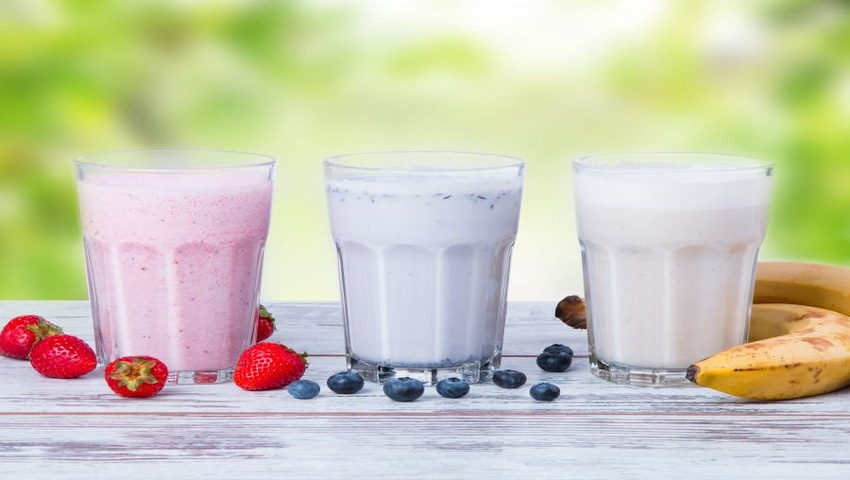The protein ingredient market has experienced substantial growth over the last decade, and is showing no signs of slowing down. The U.S. protein drink market is expected to reach $6.7 billion by 2019, up from just over $4 billion in 2015, and the global protein ingredient market is expected to reach $43.3 billion by 2024, according to a new research report by Global Insights, Inc.

The protein ingredient market has experienced substantial growth over the last decade, and is showing no signs of slowing down. The U.S. protein drink market is expected to reach $6.7 billion by 2019, up from just over $4 billion in 2015, and the global protein ingredient market is expected to reach $43.3 billion by 2024, according to a new research report by Global Insights, Inc.
Protein first became a popular functional ingredient in sports nutrition products because of claims that it increases muscle mass and curbs appetite. Over the last several years, however, the demand for protein-rich food and beverage products by consumers craving satiety on-the-go has grown exponentially.
Beverage manufacturers are responding to the protein craze by developing new, protein-packed products, or rebranding current ones to prominently feature protein on the packaging. Approximately 25 percent of beverages across several categories have protein, including carbonated soft drinks (CSDs), bottled water, tea, non-dairy milk, coffee and nutritional drinks.
Manufacturers of sports nutrition products, who have been synonymous with high protein, are responding to saturation in the market by developing products with higher quantities of protein (usually 20 g or more per serving).
As the market continues to expand, food and beverage manufacturers are also seeking new ways to source and promote protein. Whey concentrate, whey protein isolate and milk protein have been the most popular animal sources of proteins on the market (the Global Whey Protein Market is projected to reach $8.4 billion by 2020). Newer trends include product claims like “grass-fed", “no artificial growth hormone" and “no chalky taste" to capture the attention of the more discerning consumer. Researchers are even testing cricket protein as an alternative to whey and casein in nutritional beverages.
Plant-based proteins are becoming increasingly popular among consumers who are interested in non-dairy alternatives for consuming protein (the global dairy alternatives market is expected to reach $19.5 billion by 2020). The most popular plant-based proteins currently being used in beverage formulation are pea and brown rice proteins, but food and beverage developers are also experimenting with less traditional protein sources from algae and mushrooms. Protein beverage manufacturers like CytoSport (makers of Muscle Milk) are taking note of the plant-based protein trend. The company, who is known for its animal-sourced protein products, recently launched Evolve, a RTD protein shake made with pea protein.
The protein ingredient market is constantly evolving, and I look forward to seeing what new, innovative products and formulations enter the market. As more brands take advantage of this trend, I expect to see protein popping up more and more in everyday food and beverage products. We are already seeing brands use protein in products like water, pancakes, and even creams. It will be interesting to see which products and brands become most popular and widely accepted by consumers.
Is there an ingredient or product that you think will gain notice in the protein market? I’d love to continue the conversation about the protein market landscape more in depth. As always, you can email me at [email protected].
About the Author(s)
You May Also Like






.png?width=800&auto=webp&quality=80&disable=upscale)